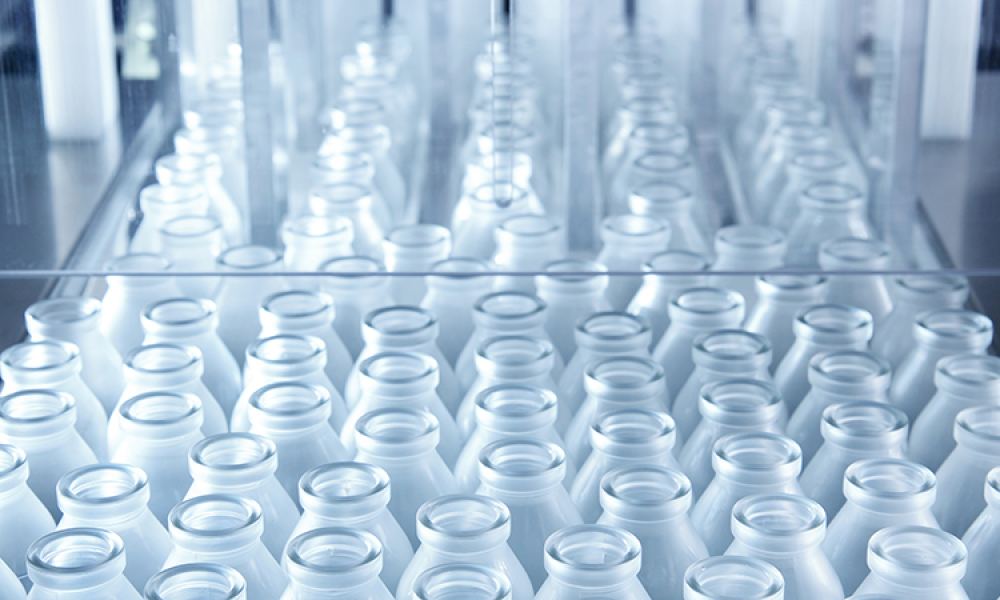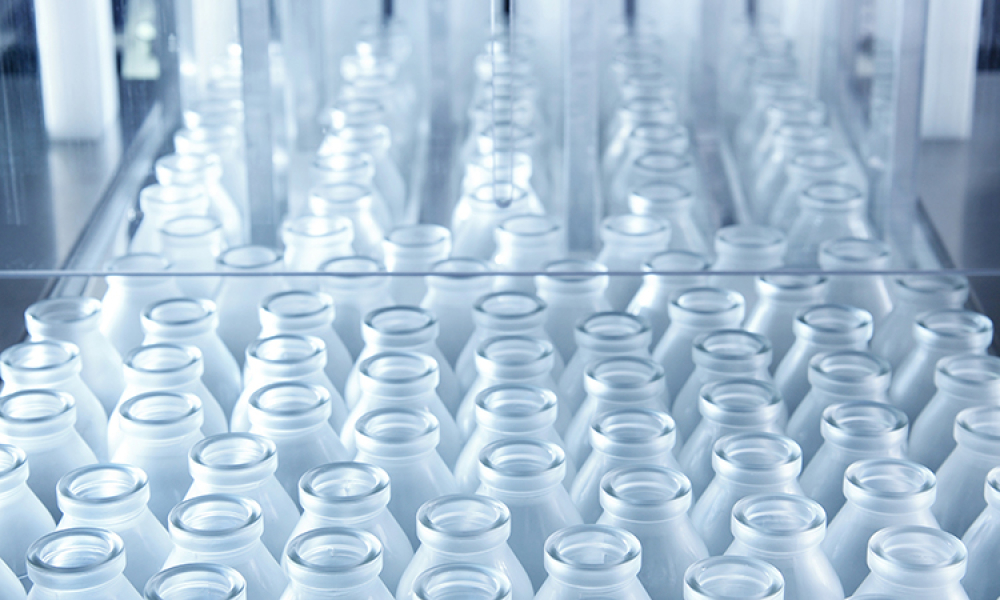Single-use products used in the production of biologics provide flexibility that was unimaginable a few years ago. The implementation of single-use technology (SUT) in manufacturing operations has accelerated due to reduced risk, flexible process equipment adjustments, and lower capital cost. The widespread use of this technology has raised questions about its impact on the environment due to...
Adam Goldstein

Thermo Fisher Scientific
Senior Director R+D/SUT
Adam Goldstein is currently developing Single Use Technology innovation for Thermo Fisher Scientific. He is the lead for the Bioprocessing Collaboration Center, which develops early stage SU applications for bioprocessing. Prior to joining Thermo Fisher Scientific Adam's function was to over see tech transfer of new molecules, manage the automation department, process engineering, manufacturing sciences as well as lead the downstream operations. Goldstein has been a member of the biotech community for over sixteen years. His experience bridges early stage Research and Development as well as large scale late stage development. In this role Goldstein developed new novel chromatographic and downstream capture processes. Several of the processes were cutting edge pushing the vendors’ envelope and challenging new ways to scale Chromatography equipment. During this time Goldstein was the author / inventor for several patents utilizing downstream processing techniques to purify novel proteins. Goldstein has lectured on the professional Chromatography circuit as well as at several colleges on Chromatographic techniques and scale up. More recently Goldstein’s work has involved Clinical operations, up to and including leadership for some of the largest commercial manufacturing facilities in the United States. Currently Goldstein is the Co-Chair person for ISPE community of practice Disposables Users Forum. He also serves on the IBC (BioProcess International Conferences series) as a Scientific Advisor. Goldstein has been a downstream lead for five Significant Biotech Start ups including Genentech, Amgen, Biogen, Baxter, GenVec facilites. Goldstein earned his B.S. in immunology from Old Dominion University, Norfolk, VA, as well as a biochemical regulatory engineering certificate, cGMP practices from the University of Maryland. He holds a Masters in biomedical sciences/molecular biology from Hood College, Frederick, MD.




